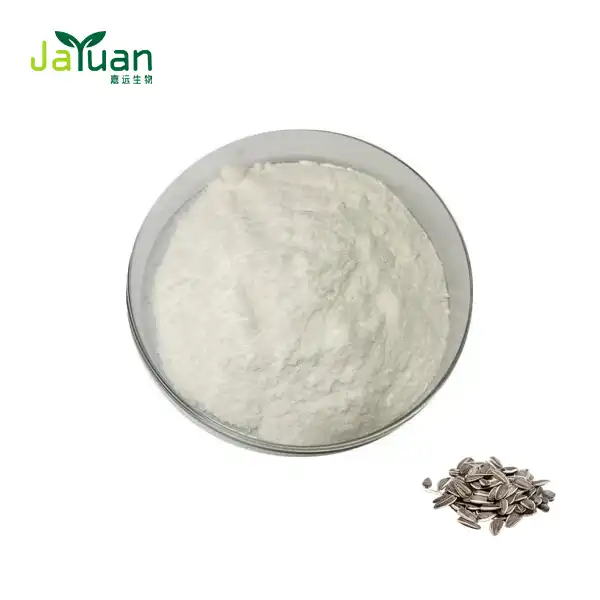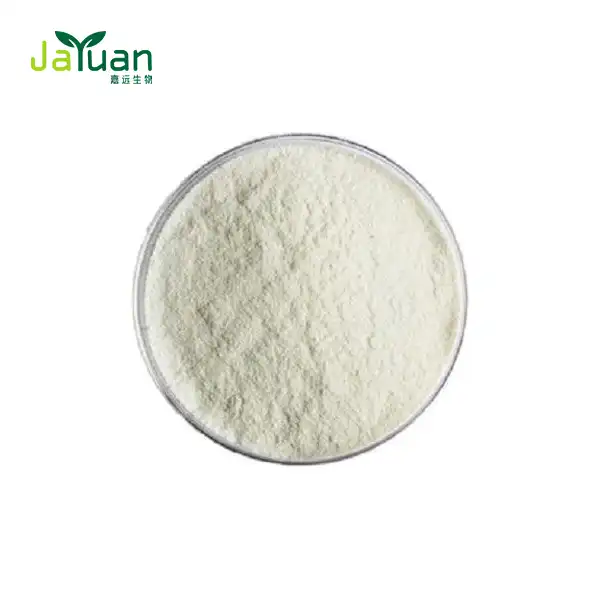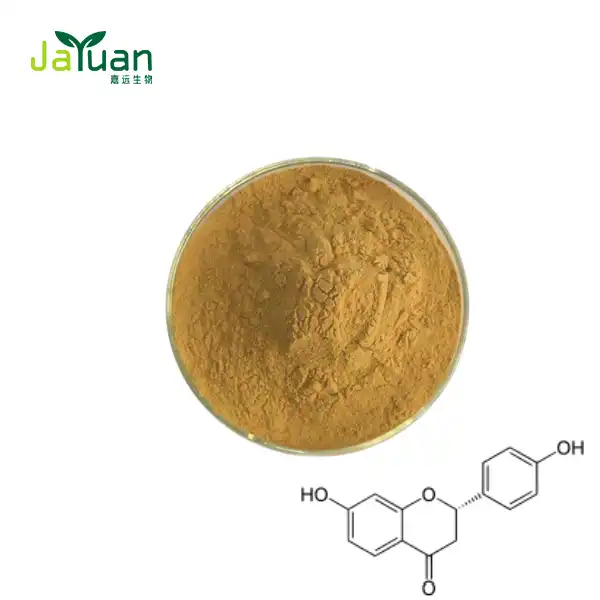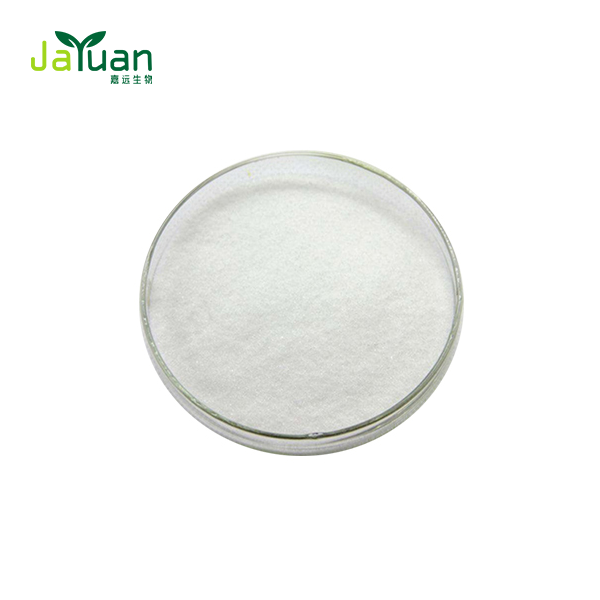What Is Cytisine and How Does It Aid Smoking Cessation?
Smoking cessation remains a challenging journey for many individuals seeking to break free from nicotine addiction. While various methods exist, one natural compound has been gaining attention for its potential to ease the transition to a smoke-free life: cytisine. This blog post delves into the world of the product, exploring its origin, mechanisms, and effectiveness in helping smokers quit.

Product Name: Cytisine
CAS NO.: 485-35-8
Molecular formula: C11H14N20
Molecular weight: 190.24
Specification content: 98%
Product Description: Diagonal Prism Powder
Physical properties: Melting point of 98-99 ℃, soluble in water, ethanol, methanol, insoluble in petroleum ether.
Detection method: HPLC
MOQ: 500g-1KG Free
Customized service: Support adjusting purity (95% -99%) according to customer needs.
Payment: 100% TT in advance
Certificaions: FSSC2000/ISO2000/HALAL/KOSHER/HACCP
Delivery terms: FedEx, DHL, EMS, UPS, TNT, all kinds of the airline, international shipping companies.
Free sample is available.
We do not sell retail quantities to individuals.
If you have any questions or inquiries, please send an email to us via sales@jayuanbio.com and sales1@jayuanbio.com for more details! We’ll try our best to give you a better service.
Looking forward to your feedback!
Your prompt reply would be greatly appreciated!
Nature's Nicotine Mimicker
The product is a plant-based alkaloid found in several members of the Fabaceae family, most notably in the seeds of the golden rain tree (Laburnum anagyroides). This compound has been utilized for decades in Eastern Europe as a smoking cessation aid, yet it remains relatively unknown in many parts of the world.
The Natural Origins
The story of the product begins in nature, where it plays a role in plant defense mechanisms. Its structural similarity to nicotine is what makes it an intriguing option for those looking to quit smoking. This natural compound has been used traditionally in various cultures, with its smoking cessation properties recognized as early as the 1960s in Bulgaria. When considering where to buy, it's essential to ensure you're purchasing from a reputable source.
Chemical Structure and Properties
The product is a tricyclic alkaloid with a molecular structure that closely resembles nicotine. This similarity allows it to interact with nicotinic acetylcholine receptors in the brain, mimicking some of nicotine's effects. However, the product has a unique profile that sets it apart from other smoking cessation aids:
- Higher affinity for certain nicotinic receptor subtypes
- Shorter half-life compared to nicotine
- Lower potential for dependence
Action on Cravings
The effectiveness of it in aiding smoking cessation lies in its ability to interact with the brain's reward system, much like nicotine does. However, its action is more nuanced and potentially beneficial for those looking to quit.
Mechanism of Action
The product works as a partial agonist of nicotinic acetylcholine receptors, particularly the α4β2 subtype. This means it binds to these receptors and activates them, but to a lesser degree than nicotine. This partial activation serves two crucial functions:
- It reduces cravings by providing some of the rewarding effects smokers associate with nicotine.
- It blocks nicotine from fully activating these receptors, reducing the pleasurable sensations of smoking.
Managing Withdrawal Symptoms
One of the biggest challenges in quitting smoking is dealing with withdrawal symptoms. The product helps manage these symptoms by:
- Reducing the intensity of cravings
- Minimizing irritability and anxiety associated with nicotine withdrawal
- Helping to maintain focus and concentration during the quitting process
By easing these symptoms, the product can make the quitting process more tolerable and increase the chances of long-term success.
Success Rates: Cytisine vs. Cold Turkey Quitting
When it comes to quitting smoking, success rates are a crucial factor in evaluating the effectiveness of any method. The product has shown promising results in clinical studies, particularly when compared to the challenging "cold turkey" approach.
Clinical Evidence
Several studies have examined the efficacy of the product in smoking cessation. A notable randomized controlled trial published in the New England Journal of Medicine in 2011 found that:
- Participants using the product were three times more likely to quit smoking compared to those using a placebo.
- The abstinence rate at 12 months was 8.4% in its group versus 2.4% in the placebo group.
These results are particularly impressive considering the low cost and natural origin of it.
Comparing Quitting Methods
When compared to cold turkey quitting, the product offers several advantages:
- Higher success rates: Cold turkey quitting typically has a success rate of about 3-5% after one year, while it has shown rates of up to 8.4% in some studies.
- Reduced withdrawal symptoms: It helps manage cravings and withdrawal discomfort, which are major hurdles in cold turkey attempts.
- Gradual nicotine reduction: Unlike abrupt cessation, the product allows for a more gradual reduction in nicotine dependence.
Long-term Outcomes
The long-term success of any smoking cessation method is crucial. Studies on it have shown encouraging results in this regard:
- Sustained abstinence rates remain higher than placebo even after 12 months.
- Lower relapse rates compared to cold turkey quitting.
- Potential for improved overall health outcomes due to successful smoking cessation.
Safety Profile and Side Effects
Understanding the safety profile of any smoking cessation aid is crucial for those considering its use. Cytisine, with its long history of use in Eastern Europe, has undergone numerous studies to assess its safety and potential side effects.
Common Side Effects
While generally well-tolerated, some users may experience mild side effects when taking the product. These can include:
- Mild gastrointestinal discomfort
- Dry mouth
- Mild headaches
- Changes in sleep patterns
It's important to note that these side effects are typically mild and often subside as the body adjusts to the compound.
Safety Considerations
Its safety profile is one of its key advantages:
- Lower risk of serious side effects compared to some prescription smoking cessation medications
- No known significant drug interactions
- Non-addictive nature, reducing the risk of replacing one dependency with another
However, as with any supplement, it's advisable to consult with a healthcare professional before starting it, especially for individuals with pre-existing health conditions or those taking other medications.
Accessibility and Cost-Effectiveness
One of the most compelling aspects of the product as a smoking cessation aid is its accessibility and cost-effectiveness, particularly when compared to other available options. When considering purchase it, it's important to evaluate pricing and product availability.
Global Availability
While the product has been widely used in Eastern Europe for decades, its availability is expanding:
- Increasing recognition in Western countries
- Growing interest from health organizations and researchers worldwide
- Potential for wider regulatory approval in various countries
Cost Comparison
The cost-effectiveness of the product is a significant advantage:
- Substantially lower cost compared to prescription smoking cessation medications
- More affordable than most nicotine replacement therapies
- Potential for significant healthcare cost savings if widely adopted
This cost-effectiveness makes it an attractive option for individuals and healthcare systems alike, potentially increasing access to smoking cessation support for a broader population.
Conclusion
Cytisine represents a promising and intriguing option for those seeking to quit smoking. Its natural origin, combined with a favorable safety profile and demonstrated effectiveness, makes it a compelling choice for many individuals struggling with nicotine addiction. As research continues and awareness grows, it may play an increasingly important role in global efforts to reduce smoking rates and improve public health.
While the product offers significant potential, it's important to remember that quitting smoking is a personal journey that often requires a multifaceted approach. Combining it with behavioral support, lifestyle changes, and a strong support system can further enhance the chances of success.
If you're considering using the product as part of your smoking cessation plan, it's advisable to discuss this option with a healthcare professional who can provide personalized advice based on your individual health profile and needs. When considering its manufacturer, you need to pay attention to product quality and regulatory compliance.
For those interested in exploring it further, whether for personal use or research purposes, contact us to learn more about our high-quality products. Our team at Jayuan Bio is committed to providing premium plant extracts and supporting efforts to improve health and wellness worldwide.
Take the first step towards a smoke-free life today. Reach out to us at sales@jayuanbio.com or sales1@jayuanbio.com to discover how our products can support your journey to better health.
At Jayuan Bio, we pride ourselves on our commitment to quality and customer satisfaction. Our state-of-the-art facilities, rigorous quality control processes, and dedicated customer support team ensure that you receive the highest quality products tailored to your needs. Experience the Jayuan difference - where nature meets science for your health and wellness journey.
References
1. West R, et al. Placebo-controlled trial of cytisine for smoking cessation. N Engl J Med. 2011.
2. Hajek P, et al. Efficacy of cytisine in helping smokers quit: systematic review and meta-analysis. Thorax. 2013.
3. Walker N, et al. Cytisine versus nicotine for smoking cessation. N Engl J Med. 2014.
4. Tutka P, et al. Cytisine for nicotine addiction treatment: a review of pharmacology, therapeutics and an update of clinical trial evidence for smoking cessation. Addiction. 2019.
5. Cahill K, et al. Pharmacological interventions for smoking cessation: an overview and network meta-analysis. Cochrane Database Syst Rev. 2013.
6. Leaviss J, et al. What is the clinical effectiveness and cost-effectiveness of cytisine compared with varenicline for smoking cessation? A systematic review and economic evaluation. Health Technol Assess. 2014.






